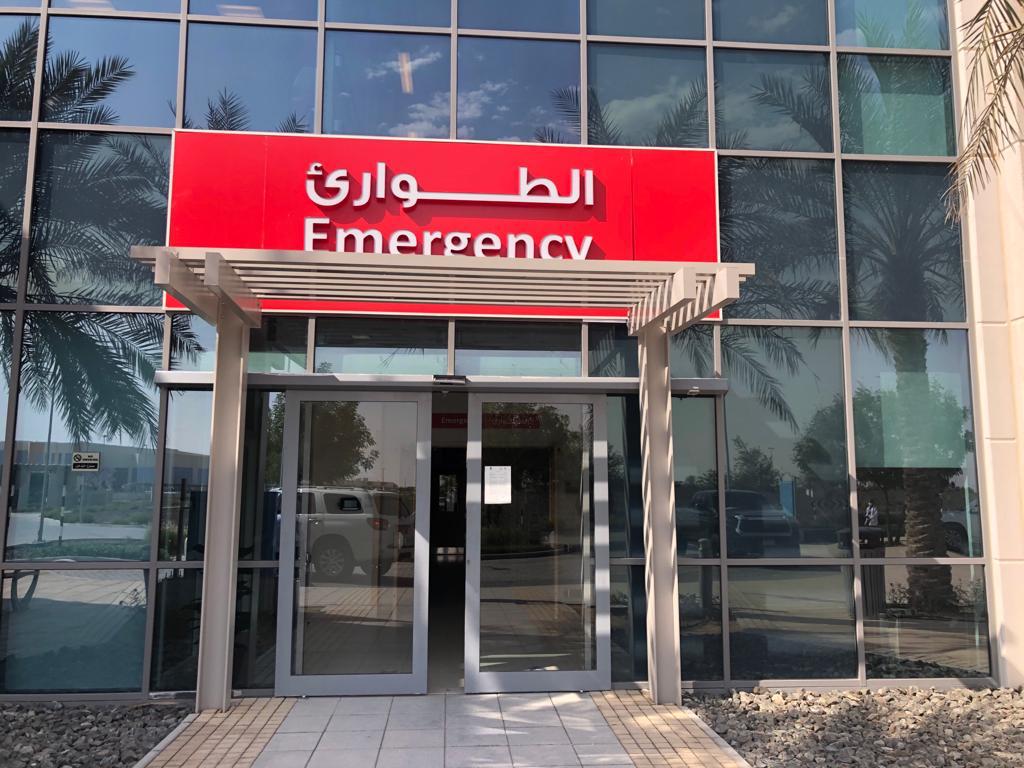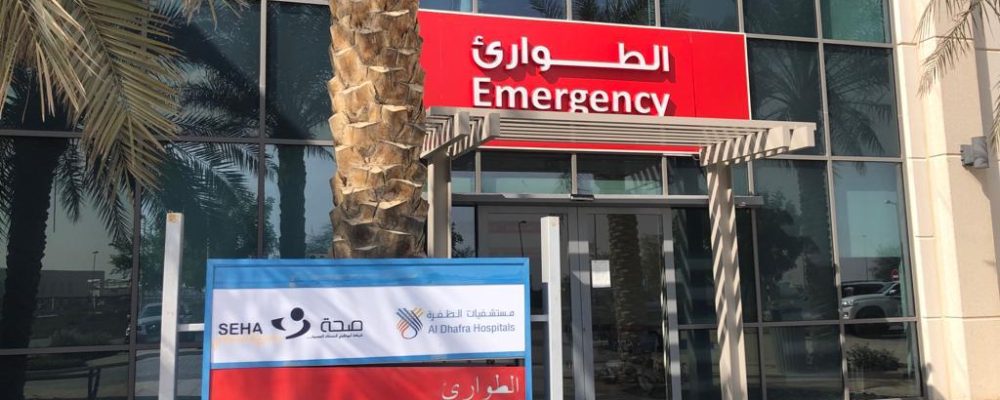Ghayathi Hospital, part of the Abu Dhabi Health Services Company (SEHA) network, has been granted its Emergency Department license by the Department of Health – Abu Dhabi (DoH).
The license means Ghayathi Hospital joins nine other frontline healthcare facilities in Abu Dhabi that are approved to deliver emergency care to patients. They include SEHA facilities Sheikh Shakhbout Medical City, Sheikh Khalifa Medical City, Tawam Hospital, Madinat Zayed Hospital.
Prior to its approval, the DoH ensured that Ghayathi Hospital had the capability to provide all the services and standards required in an emergency department. These included having a team of doctors qualified in the field of emergency care and supported by an integrated team of specialists for resuscitation, surgery and critical care on call 24/7. Services, including care for patients with non-life-threatening conditions, will also be available at Ghayathi Hospital’s emergency department round the clock.
Owing to its location close to the busy E11 international highway, which links the UAE and Saudi Arabia, and the absence of other critical centers nearby, Ghayathi Hospital will play a major role in providing emergency healthcare to patients, including motorists involved in road accidents,as well as citizens and residents living across the Al Dhafra region.
Affiliated with the SEHA-run Al Dhafra Hospital, Ghayathi Hospital will deliver the highest standards of quality care in adherence with international best practices. As well as a new emergency department, the hospital also offers a Pediatric Clinic staffed by specialist qualified doctors and a Gastrointestinal Endoscopy Unit complete with operating rooms equipped to perform traditional procedures and modern laparoscopic surgeries.
Dr. Adel Zarif Ayad Consultant Physician, Emergency Medicine from Ghayathi Hospital said: “Ghayathi Hospital is proud to officially operate a comprehensive emergency department to serve the local community of Al Dhafra. Emergency departments are essential to provide vital initial treatment to patients suffering from minor health problems to more serious conditions including life-threatening injuries. Open round the clock, they are the first port of call for patients in distress with staff able to assess a patient’s condition before elevating their treatment to the next level if necessary.”





